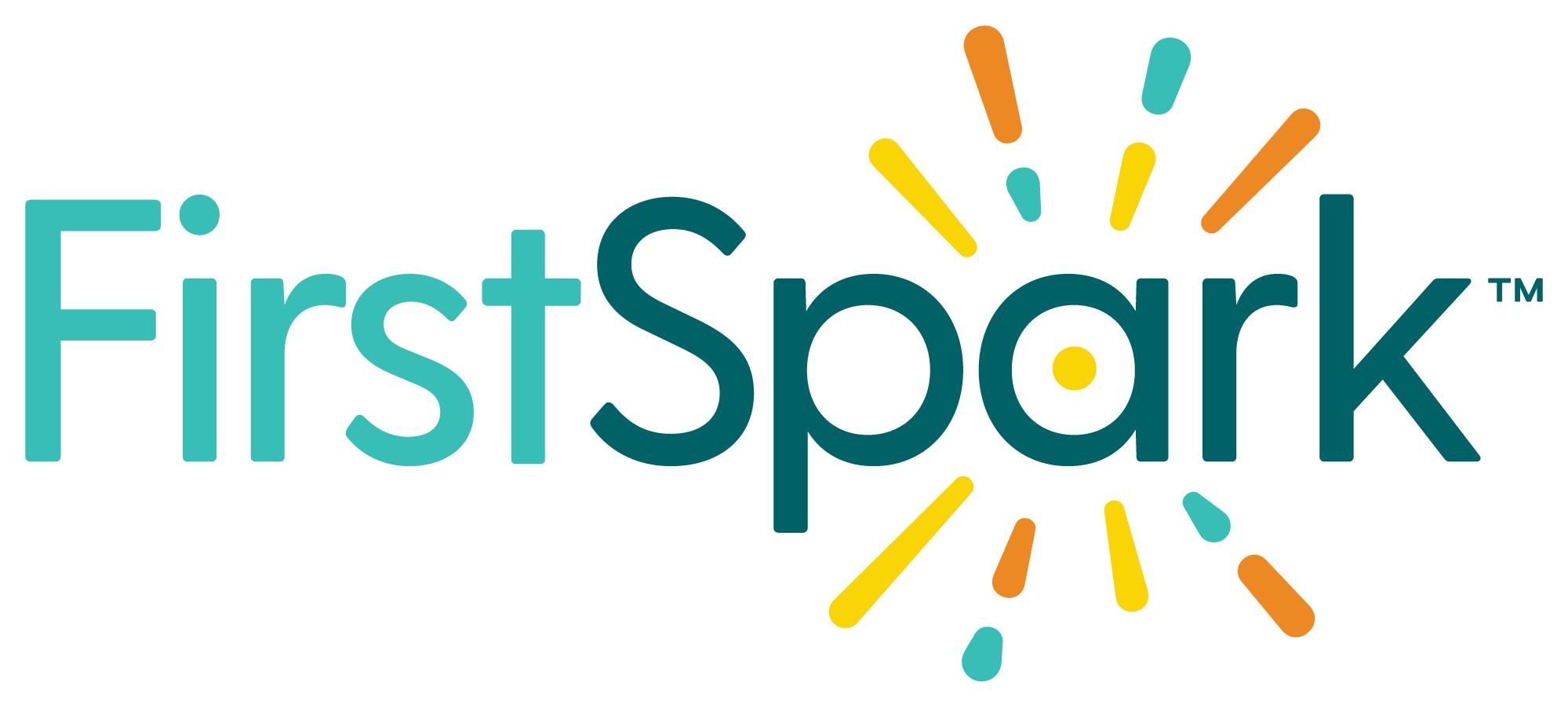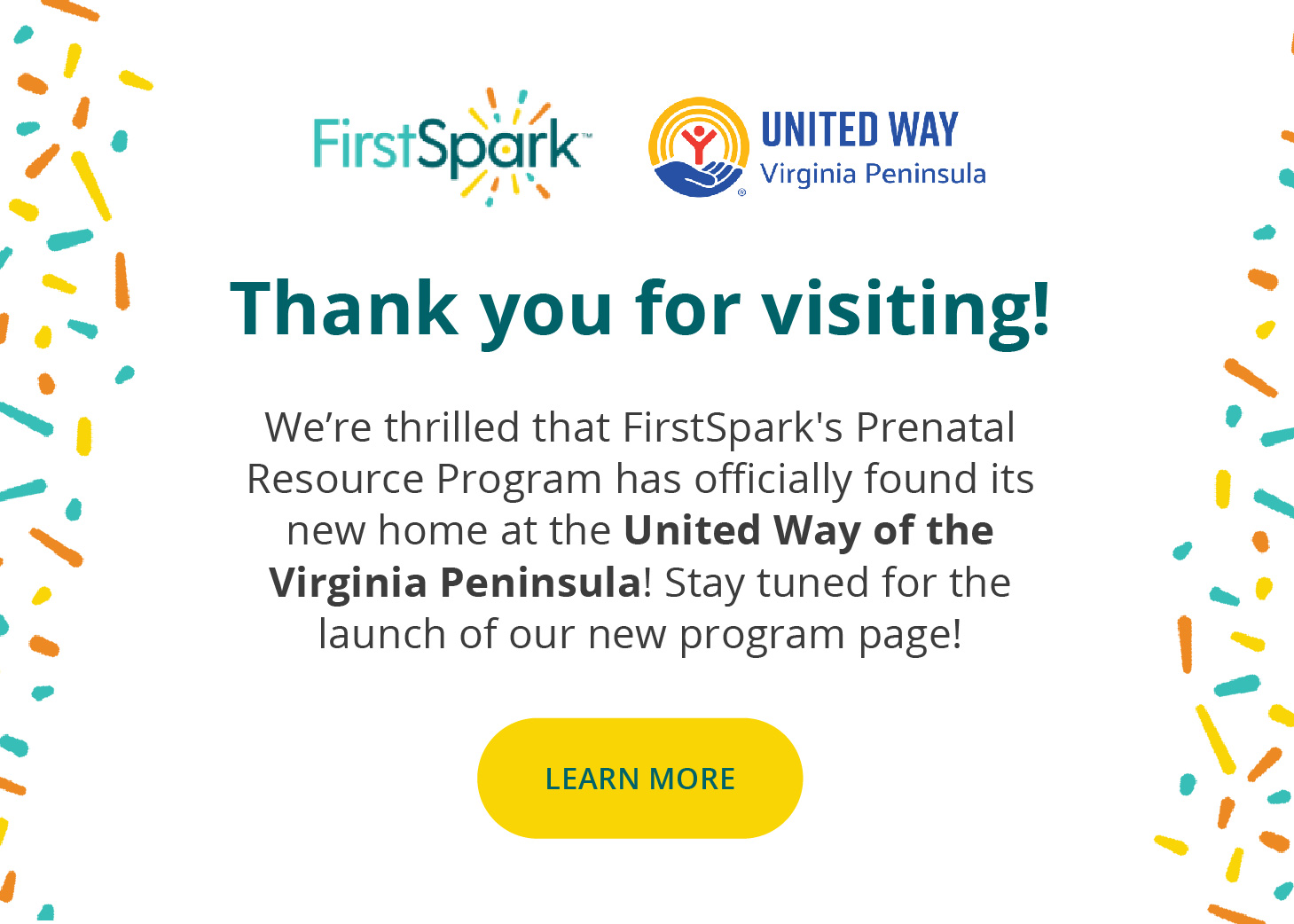You are not alone.FirstSpark can help expand your village.
From developmental milestones to picking a preschool, the early years with a little one can be challenging! But ultimately, you are your child’s first and most important teacher.

Educating yourself about quality child care and your child’s development allows you to make informed decisions in their early years.
Whether you’re at home or on-the-go, we want to make it as easy as possible for you to have access to the resources you need to give your child the best start possible.
Your Child’s Development
Make The Most of The First Three Years
The first three years of life are a period of incredible growth in all areas of a baby’s development. On ZeroToThree.org and the Harvard Center on the Developing Child, learn how the earliest relationships with caregivers can promote healthy brain development, how young children build social and emotional skills, and ways you can support language and literacy development starting from birth.

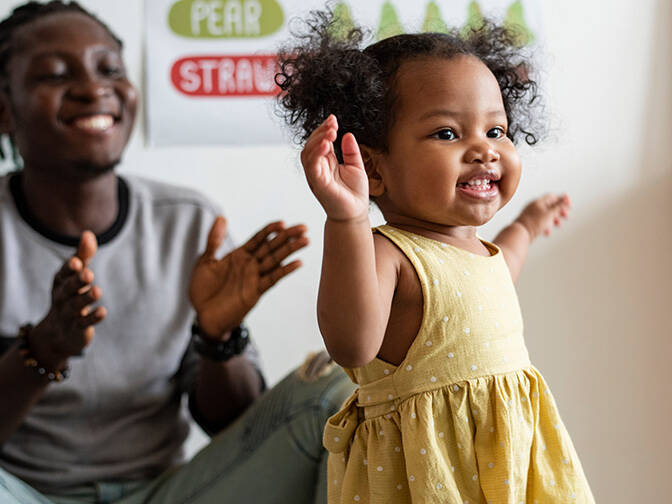
Milestones By Age
Skills such as taking a first step, smiling for the first time, and waving “bye bye” are called developmental milestones. Children reach milestones in how they play, learn, speak, act, and move (crawling, walking, etc.). The CDC shares handy lists by age on how to check your child’s development.
What to Look for in an Early Care and Education Program
Here are some tips to help parents assess which program best meets the needs of their child.
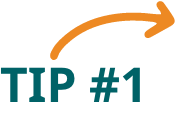
Look for a program that carefully plans learning activities for each stage of development (infants, toddlers and preschoolers). The program should offer a variety of learning experiences each day (ask to see a daily schedule and/or sample lesson plans).
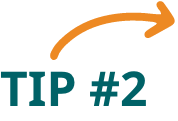
Look for a program that is familiar with Virginia’s Early Learning and Development Standards, which is a guide to young children’s learning and development from birth to kindergarten.
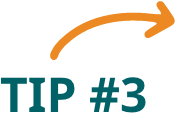
Look for a program that uses play and hands-on activities to help children learn new concepts and skills, with educators who support children’s learning during play.
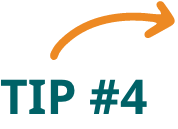
Look at how the program checks children’s development during the year, and how they communicate with families about children’s progress and learning.
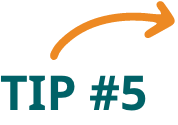
Look for a program with a flexible curriculum, instead of a “one size fits all” approach. How does the program adjust activities for children based on their needs; such as giving extra support to a child who needs more help, or challenging a child to learn something new.
Want a little extra help to make sure you’re asking the right questions?
Check out the Child Care Aware Checklist!
Stay Informed
It’s also important to understand what child care businesses are expected and required to do as early education providers.
Other Parenting Resources
Born Learning
Offering tips for parents and caregivers about what to expect and ways to engage your child from birth through age 5.
Center on the Social and Emotional Foundations for Early Learning
Promotes the social-emotional development and school readiness of young children birth to 5.
Start Early
Teachers share their top tips to help parents prepare their children for school.
Understanding Your Child’s Development
Describes important milestones for childhood development.
Zero to Three
Offers tips and information to support parents.
Dolly Parton’s Imagination Library
Dolly Parton’s Imagination Library is dedicated to inspiring a love of reading by gifting books free of charge to children from birth to age five.
PBS Kids
Great games and other resources on child development and school readiness.
Scholastic
Activity ideas, advice and news for parents of early learners.
Reach Out and Read
This resources promotes early literacy.
Additional Resources
Early Impact VA
Early Childhood Home Visiting Alliance
Healthy Families
Home visiting programs dedicated to the prevention of child abuse and neglect.
Healthy Start
Maternal Child Health to improve birth outcomes and family well-being.
Parents as Teachers
Building thriving families and children who are health, safe, learning and ready for school.
VA Department of Social Services
Services for children like child care, child support, financial assistance, food assistance, medical assistance, foster care and adoption.
Families Forward VA
Building healthier, stronger, more self-sufficient families by partnering with families and communities.
Infant and Toddler Connection of VA
Early intervention services for infants and toddlers (age 0-36 months) with disabilities and their families (IDEA Part C services).
VA Dept of Behavioral Health and Developmental Services
Substance use of mental health services for you or your child.
Is Your Child Starting Kindergarten?
Being “ready” for school means arriving with the appropriate social, emotional, physical and intellectual skills. Explore our tips and free readiness downloads.
Connect with Us!
Download
View our free eBook filled with ideas and resources for parents of young children.
Join
Join our Family Council and join a community that learns, grows and advocates for a better future.
